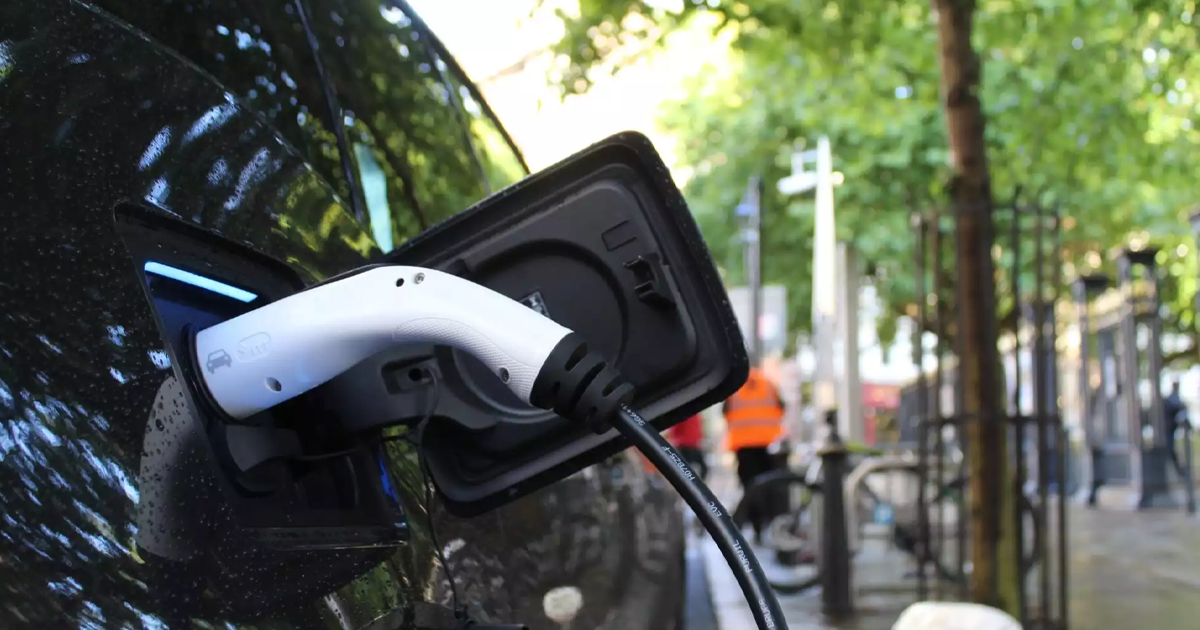Today, State Treasurer Erick Russell condemned Tesla’s recent passage of a $1 trillion compensation package for Elon Musk. The state’s Retirement Plans and Trust Funds (CRPTF) voted no on the proposal.
“There are few examples of corporate mismanagement as egregious as Tesla’s has been in 2025,” said Russell. “The board moved to silence shareholders, while its distracted CEO severely damaged his once iconic brand. That’s not just a business problem, it’s a problem for the retirement security of millions of Americans, including Connecticut’s hard-working teachers and state employees.”
The statement referred to the compensation package as being “without precedent,” highlighting the fact that $1 trillion is 10 times the cost of the federal SNAP program, 2,000 times the compensation of Nvidia CEO Jensen Huang, a company with over three times Tesla’s market share, and is 10 times the combined pay of every other CEO in the S&P 500.
In April, the Treasurer’s Office told Business Insider that Tesla stock represents about $230 million in passive investments of the state’s Retirement Plans and Trust Funds (CTRPTF), less than 1% of the CTRPTF’s over $62.7 billion in assets under management. Russell is the “principal fiduciary” of the CTRPTF, which is composed of six state pension funds and twelve trust funds, representing the pensions of about 212,000 state and municipal employees.
Russell is one of several state treasurers who have levied criticism against Musk’s management of the company over the course of the year. On Oct. 2, Russell signed off on a letter pleading with Tesla shareholders to oppose the reelection of three Tesla directors, a revised version of the company’s equity incentive plan, as well as the compensation plan. The letter was also signed by state treasurers of Massachusetts, New Mexico, Vermont and Colorado, as well as the comptrollers of Maryland and New York City.
The letter accused Tesla’s Board of Directors of having “deep personal and professional ties” to Musk, creating a culture “where the Board consistently fails to challenge” him. The letter said that Tesla’s board has allowed Musk to remain “overcommitted for years,” listing off his various business endeavors and stint at DOGE as examples, and has continued to approve ever-increasing pay packages despite the ever-decreasing share of attention he pays to Tesla.
“Most recently, the Board apparently failed to intervene when Mr. Musk took a leadership position at the US Department of Government Efficiency (DOGE), a role widely seen as having a negative impact on the Company’s performance and brand,” reads the letter. “In our view, the Board’s failure to limit Mr. Musk’s outside endeavors while rewarding him with unprecedented pay packages for only a part-time commitment strongly indicates a lack of true independence by management and jeopardizes long-term shareholder value.”
The letter also criticized what its co-signers believed was a disproportionate control of voting shares by management and the company’s “classified board structure and super majority vote standard for charter and bylaw amendments” as limiting shareholders’ input and accountability measures.
Lastly, the letter criticized the recently approved compensation plan for having performance targets that are “in many cases vague, undemanding, and subject to significant discretion by what we believe is a non-independent Board.”
“Finally, we are concerned that the Board remains fixated on pleasing Mr. Musk, rather than responsibly addressing his many varied pursuits, at least some of which have come at the expense of Tesla shareholders,” reads the letter. “Given both the decline in Tesla’s operating performance, and Mr. Musk’s reported uses of Tesla resources, including both engineering employees detailed to Twitter and the reallocation of chips intended for Tesla to xAI,45 we had hoped that the Board would have insisted on a commitment from Mr. Musk to devote his attention to the Company.”
Russell said that the complaints and concerns outlined in the letter represented “serious corporate governance failures.” Russell emphasized that the funds used for Musk’s compensation could instead go towards raised wages for employees, being reinvested in research and development, or used “to help repair the company’s tarnished brand.”
“Tesla is setting a dangerous precedent for all publicly traded companies, the rights of shareholders, and the long-term health of our financial markets,” said Russell. “Millions of everyday investors—teachers, nurses, firefighters, and public servants—entrust their retirement savings to companies like Tesla. They deserve better than a board that rewards failure and silences dissent, so we will continue to aggressively engage on their behalf.”
